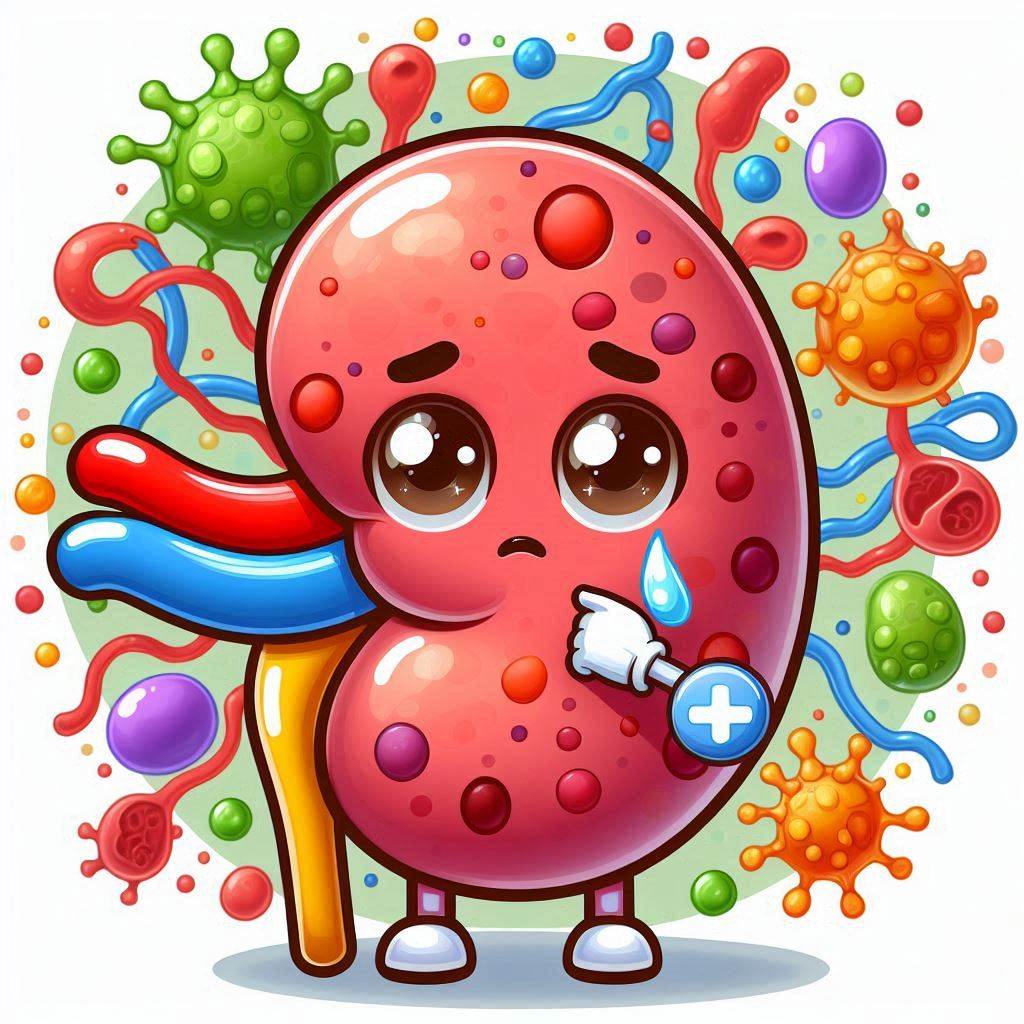Kidney disease, also known as renal disease, can significantly impact one’s quality of life if not diagnosed and treated early. This blog post will delve into the various signs and symptoms of kidney disease, ranging from early stages to advanced kidney failure. Understanding these symptoms can help in seeking timely medical intervention and managing the condition effectively.
Recognizing the Signs and Symptoms of Kidney Disease
1. Urination Changes
One of the earliest signs of kidney disease is a noticeable change in urination patterns. This can include:
- Increased Urination: More frequent trips to the bathroom, especially at night (nocturia).
- Decreased Urination: Less frequent urination, which can indicate advanced kidney disease.
- Foamy Urine: Indicative of protein in the urine, which can be a sign of kidney damage.
- Hematuria: Presence of blood in the urine, signaling potential kidney issues.
2. Peripheral Edema
Peripheral edema, or swelling in the lower limbs, occurs due to fluid retention. This swelling, often seen in the ankles and feet, can be assessed by pressing on the swollen area and observing if it leaves a dent (pitting edema). This condition arises due to the kidneys’ inability to remove excess fluid from the body.
3. Hypertension (High Blood Pressure)
Kidneys play a crucial role in regulating blood pressure. Damaged kidneys can lead to increased intravascular volume, resulting in hypertension. This elevated blood pressure can further damage the kidneys, creating a vicious cycle.
4. Fatigue and Weakness
Chronic kidney disease often leads to anemia, a condition where the body lacks enough red blood cells. The kidneys produce erythropoietin (EPO), a hormone that stimulates red blood cell production. Damaged kidneys produce less EPO, leading to fatigue and general weakness.
5. Shortness of Breath (Dyspnea)
Excess fluid in the body can accumulate in the lungs, causing shortness of breath. This symptom is particularly concerning and should prompt immediate medical attention.
6. Itchiness (Pruritis)
Pruritis, or persistent itchiness, is a common symptom of advanced kidney disease. The buildup of toxins in the blood, due to the kidneys’ inability to filter waste effectively, can cause this uncomfortable condition.
7. Muscle Cramps and Twitches
Electrolyte imbalances, especially involving calcium and phosphate, can lead to muscle cramps and twitches. The kidneys regulate these electrolytes, and their dysfunction can disrupt normal muscle function.
8. Nausea and Vomiting
Accumulation of toxins in the blood can cause gastrointestinal symptoms like nausea and vomiting. These symptoms can lead to decreased appetite and significant weight loss.
9. Confusion and Difficulty Concentrating
Uremic encephalopathy, a condition caused by high levels of urea and other toxins in the blood, can lead to confusion, difficulty concentrating, and in severe cases, delirium.
10. Easy Bruising and Bleeding
Platelet dysfunction, resulting from uremia, can cause easy bruising and increased bleeding from minor injuries. This condition can manifest as frequent nosebleeds, bleeding gums, and prolonged bleeding from cuts.
Conclusion
Recognizing the early signs and symptoms of kidney disease is crucial for timely diagnosis and treatment. If you or a loved one experience any of these symptoms, it’s important to consult a healthcare professional for a thorough evaluation and appropriate management. Early intervention can help slow the progression of kidney disease and improve quality of life.


